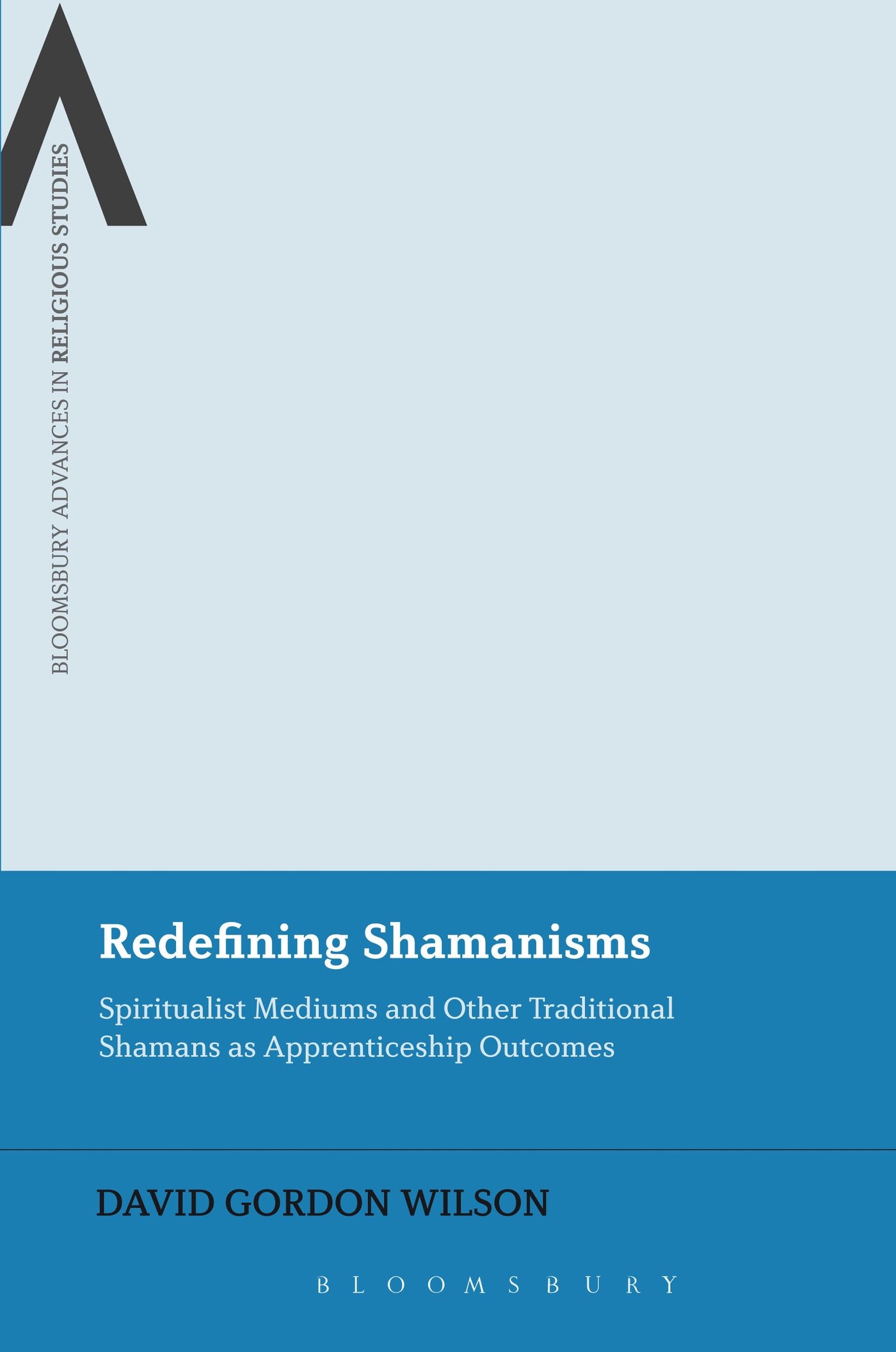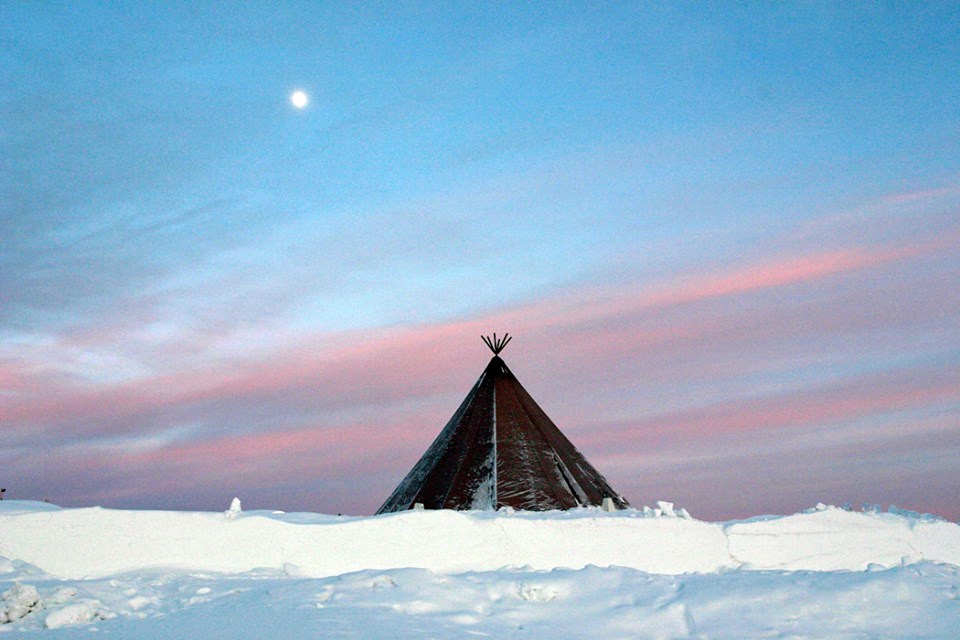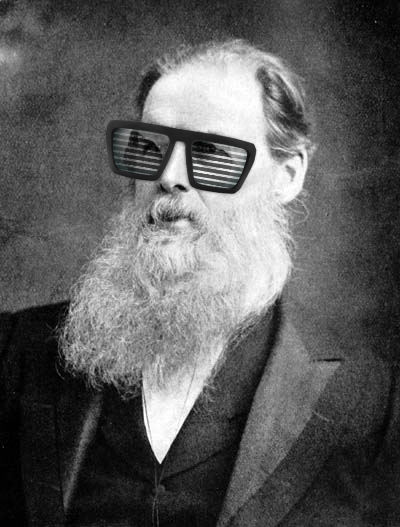Two firsts for the Religious Studies Project this week. Surprisingly, we’ve never talked about Shamanism, one of the watchwords of discourse on “indigenous religion” for scholars and laymen alike, insiders and outsiders. The term originates with the Romanian scholar Mircea Eliade, who took it from a specific group in the Tunguskee region of Russia, and applied it universally to describe individuals who communicate with spirits for the benefit of their communities. For Eliade, Shamanism was one more example of a heirophany, an interjection of an ineffable sacred into the mundane world. Unsurprisingly, however, when such sui generis notions are disregarded, and the category examined from the data up, the category ceases to be easily defined.
 In this interview, David Wilson tells us that while studying shamanism while undertaking training as a medium in the Spiritualist Church, he noticed that both seemed to exhibit similar features; an emphasis on healing, communication with the dead, as well as other “spiritual beings”, but most importantly, a pattern of training through apprenticeship. After telling us about his own experiences of training, he outlines how this pattern of apprenticeship – an initial ‘calling’, a process of direct training from established mediums, beginning public practise and finally acceptance by the broader community. Wilson’s ‘apprenticeship’ model not only gives us a way to conceptualise shamanism without recourse to sui generis discourse, but draws interesting parallels between indigenous cultures and the somewhat hidden world of heterodox religious practices in the West, particularly in regards to the frequent presence of healthcare.
In this interview, David Wilson tells us that while studying shamanism while undertaking training as a medium in the Spiritualist Church, he noticed that both seemed to exhibit similar features; an emphasis on healing, communication with the dead, as well as other “spiritual beings”, but most importantly, a pattern of training through apprenticeship. After telling us about his own experiences of training, he outlines how this pattern of apprenticeship – an initial ‘calling’, a process of direct training from established mediums, beginning public practise and finally acceptance by the broader community. Wilson’s ‘apprenticeship’ model not only gives us a way to conceptualise shamanism without recourse to sui generis discourse, but draws interesting parallels between indigenous cultures and the somewhat hidden world of heterodox religious practices in the West, particularly in regards to the frequent presence of healthcare.
Podcast: Play in new window | Download | Embed
Subscribe: RSS
David’s book, Redefining Shamanisms, is available in all formats now. You can also download this podcast, and subscribe to receive our weekly podcast, on iTunes. If you enjoyed it, please take a moment to rate us. And remember, you can use our Amazon.co.uk, Amazon.ca, or Amazon.com links to support us at no additional cost when you have a purchase to make – particularly in the run up to Christmas!
If you enjoyed this episode, the spirits tell me you may also enjoy our interview with Ann Taves on Religious Experience, our recent roundtable featuring David Wilson on Non-Ordinary Realities and our two-part collaboration with Jack Hunter on Religious Studies and the Paranormal (Part one. part two).








